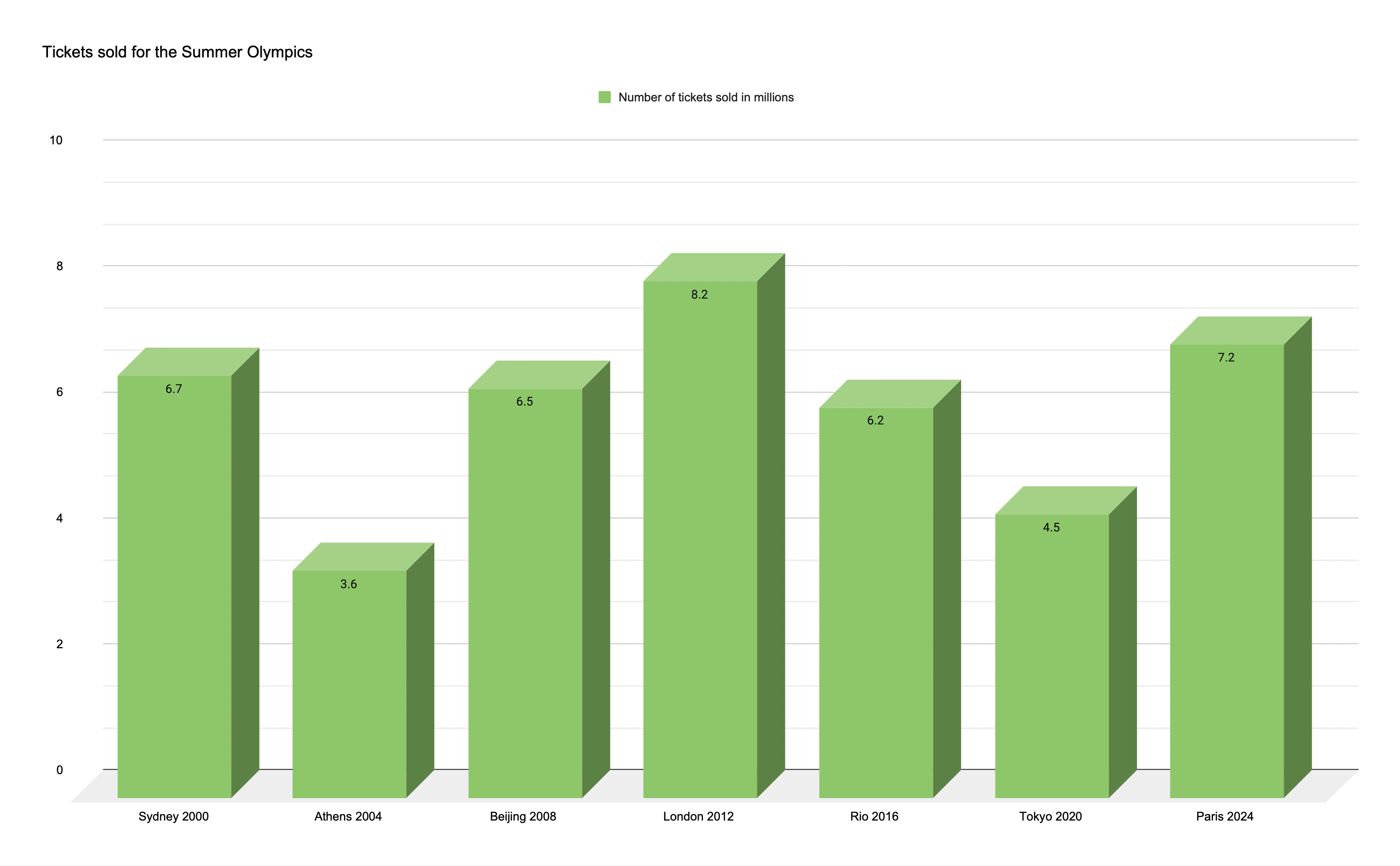Table of Contents
- 80+ Top Summer Olympics Statistics 2024
- Why India shouldn't host the Olympics—a costly affair with no returns ...
- Infographic: The Olympics Attract Millions of Spectators | Olympics ...
- Infographic: The Olympics Attract Millions of Spectators | Olympics ...
- Data About Winter Olympics Performance by Country and Region
- America's Disappointing Winter Olympics, by the Numbers - The Atlantic
- Dive into Winter Olympics Games: Data Analysis and Visualization | by ...
- Figure 5 from Economic impacts of hosting the winter olympics on GDP ...
- The best visualizations of the Tokyo 2020 Olympic Games | Datasketch
- Infographic: The Olympics Attract Millions of Spectators | Olympics ...


The IOC's revenue from the Winter Olympics comes from a variety of sources, including broadcasting rights, sponsorships, and ticket sales. Broadcasting rights, in particular, are a major source of revenue for the IOC, with television networks and streaming services paying billions of dollars for the right to broadcast the Games. For example, NBCUniversal paid $7.75 billion for the broadcasting rights to the Winter Olympics from 2021 to 2032. This deal alone is expected to generate significant revenue for the IOC, with some estimates suggesting that it could bring in as much as $1 billion per year.


Sponsorship Revenue


Ticket Sales


In total, the IOC's revenue from the Winter Olympics is estimated to be in the billions of dollars. According to some estimates, the IOC generates as much as $5 billion in revenue from the Winter Games, making it one of the most lucrative sporting events in the world. This revenue is used to support the IOC's operations, as well as to fund various Olympic programs and initiatives, such as the Olympic Solidarity program, which provides financial support to athletes and national Olympic committees from around the world.

For more information about the Olympic Winter Games and the IOC's revenue, visit Follr to learn more about the business side of sports.
